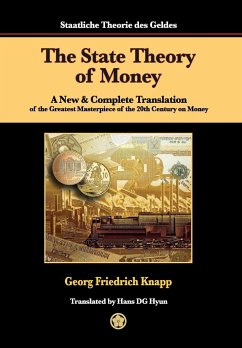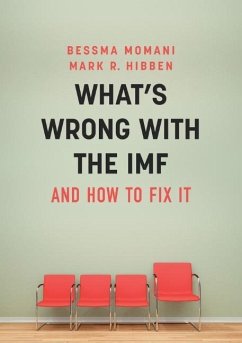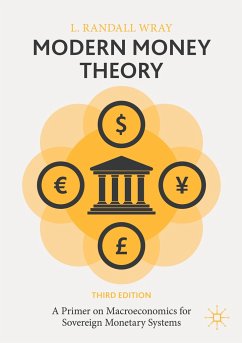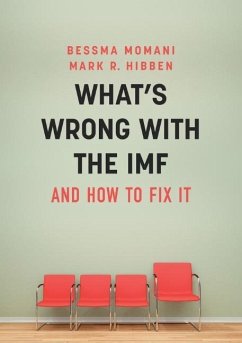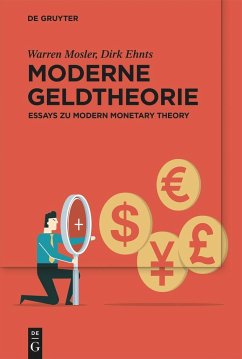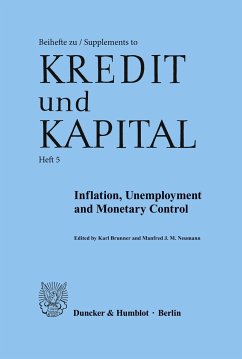
What's Wrong with Modern Money Theory?
A Policy Critique

PAYBACK Punkte
25 °P sammeln!
This Palgrave Pivot assesses the validity of Modern Money Theory's approach to macroeconomic policy, specifically monetary and fiscal policy. Whereas other papers have focused primarily on theoretical and doctrinal issues, this book focuses primarily on an analysis of MMT's policy approach. Though drawing on academic literature, this book's approach is empirical and policy-based, making it accessible to scholars and the public alike. It addresses a burning question in the policy and politics of the US and elsewhere where MMT is gaining a policy foothold, especially among progressive activists ...
This Palgrave Pivot assesses the validity of Modern Money Theory's approach to macroeconomic policy, specifically monetary and fiscal policy. Whereas other papers have focused primarily on theoretical and doctrinal issues, this book focuses primarily on an analysis of MMT's policy approach. Though drawing on academic literature, this book's approach is empirical and policy-based, making it accessible to scholars and the public alike. It addresses a burning question in the policy and politics of the US and elsewhere where MMT is gaining a policy foothold, especially among progressive activists and politicians: Is MMT, in fact, a good guide for progressive macroeconomic policy? The main focus of this book is to explain why the answer to this question is no.



